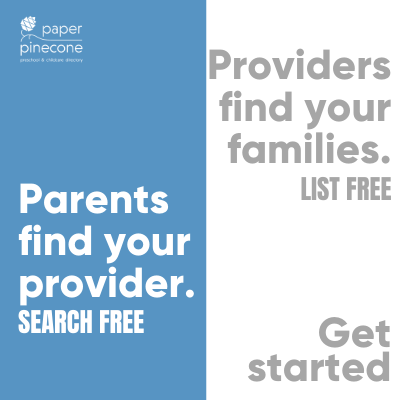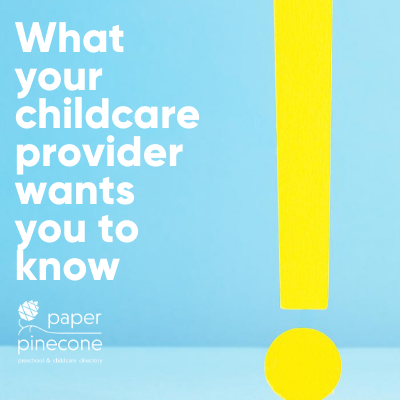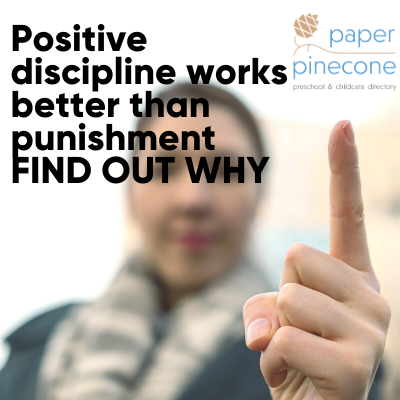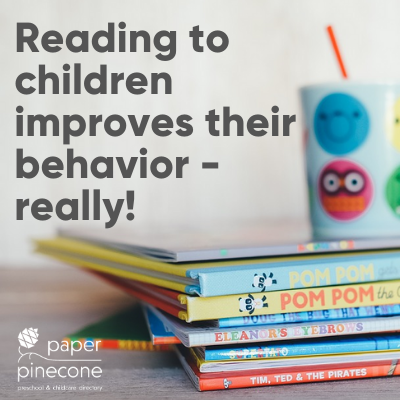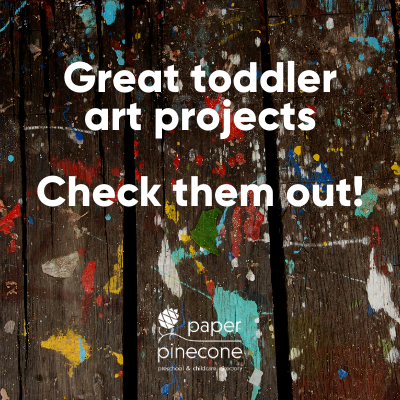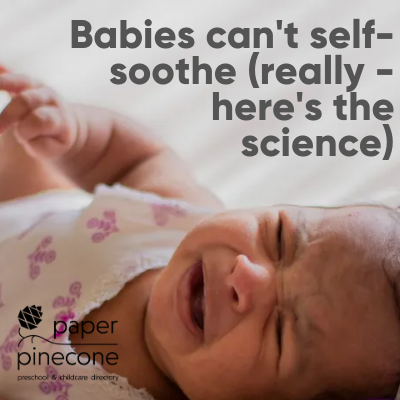The Case Against Universal Preschool

Published Date: 09/05/19
Between 2003 and 2018, the number of 4-year-olds attending public preschool more than doubled to 33%. More and more cities and states have established or expanded programs, and several Democratic 2020 candidates have universal pre-k as a core tenet of their childcare policy.
In theory, offering universal preschool has tremendous benefits. Preschool has been shown to improve children’s social, emotional, and academic skills, helping to prepare them for kindergarten and beyond. Universal preschool can provide opportunities for people, especially mothers, to enter or reenter the workforce giving access to free childcare.
In 2009 Washington DC ambitiously expanded their universal preschool program, offering two years of full-day preschool in public schools, public charters, and some private preschool programs administered by community-based organizations. By 2017, 70% of DC’s 3-year-olds and 90% of DC’s 4-year-olds were enrolled in public preschool.
The maternal labor force - mothers who are employed or actively seeking work - was positively impacted. It increased by 12 percentage points, with 10 of those being attributed to the expansion universal preschool. Amazing!
However, it’s notable that DC has the highest cost for infant care in the country, averaging over $24,000 annually and there are only enough licensed spots to care for roughly one third of DC’s 26,000+ children under three.
This is one of the many unintended consequences of universal preschool that need to be considered by any local, state, or federal government official looking to add or expand access, or any individual heading to the polling booth.
Because of the low ratios required for infant care - a minimum of 1:4 in most states - the cost to provide daycare for our youngest learners is significantly higher than older children. Infant care is often a loss leader for centers, who rely on income from profitable preschoolers to help fund it.
Not surprisingly, expansion of public preschool has led to a decrease of those enrolled in private preschool, known as crowd out. Some studies have shown, contrary to Washington DC, that there’s no impact of maternal workforce participation because parents simply switch from private preschool to public.
Currently, preschools (defined as serving children ages 3-5) who have capacity for less than 75 students operate at about 75% capacity nationwide. While you may have found schools with years-long wait lists during your search, that’s not typical across the country.
When fewer children are enrolled in private preschool, it reduces the number of infant spots available while increasing the cost of them. It’s basic supply and demand. That decreases maternal labor force participation because families either cannot find care or cannot afford care. Subsequently, women often have a hard time reentering the workforce having delayed their careers for several years and when they do reenter, are underemployed.
New York City expanded its universal pre-k program (UPK) in 2014. They added 400 new sites offering the program which equated to 25,000 new seats, and they enroll about 70,000 students annually. Despite the fact that the program has been deemed a success, an analysis finds that there were significant negative repercussions.
First, for each new UPK site, care for children under 2 was reduced by 1.6 spots per ten block radius of the location. Not only that, but the reduction in infant spots came exclusively from poor neighborhoods.
UPK also affected the quality of care at child care centers in New York City. For centers within a ten-block radius of a new UPK site, inspection violations increased 13% and those centers were more likely to require a follow-up inspection because of poor performance at the initial one.
Staffing child care centers is one of the largest challenges faced by owners and directors. Often a minimum wage job, the United States is faced with a crisis in the industry, with up to 25% of workers living below the poverty line and nearly 60% receiving government assistance of some kind. Twenty states require nothing more than a GED to work in child care. Alaska allows children as young as 14 to work in licensed centers. West Virginia and Tennessee specifically state that childcare workers must be able to read and write, while one study shows that ONE MILLION child care workers are at-risk for being functionally illiterate. A survey of providers in Massachusetts found that 98% had little or no job skills and 97% had little or no interest in early childhood education. To say the situation is dire is an understatement.
In New York City, the minimum wage is $13.50 per hour for businesses with less than 10 employees and $15 per hour for those with more. For reference, $15 per hour is about $31,000 annually. UPK teachers in NYC come from a mix of community-based organizations, whose staff isn’t unionized and start at $42,000 and the United Federation of Teachers, who make $59,000 to start.
Illinois has introduced a bill to pay early childhood educators with degrees the same as kindergarten teachers. That would increase their starting salary from $25,000 to $40,000. Couple that with the benefits that can come from working in public schools - a union, pension, health care, and summers off, it makes it impossible for private schools to compete. How can a private preschool attract high-quality educators if they can’t offer them nearly the same compensation as a public program?
The benefits of preschool are well-documented and far-reaching. More than anything, we want all children to have access to high-quality early education settings but the negative impact of universal preschool on other infant care and the quality of private preschools makes us believe it’s not the answer.
Paper Pinecone is a thought leader in Early Childhood Education and the best way for parents and providers to connect. Parents search thousands of providers at no cost and providers always list free. Get started today.
- stacey's blog
- Log in or register to post comments
